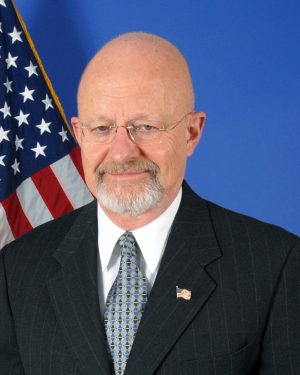Type Username Here
Not a new member
President Obama held a news conference on Friday at which he promised reform—but groups who wanted to see real reform in the surveillance area were understandably skeptical.
Obama made promises that he would "work with Congress" to produce better oversight, but he treated the recent leaks about NSA spying as more of a PR problem than anything else. The leaks had been revealed "in the most sensationalized manner," he stressed. But Obama maintained that the programs were not being abused. Notably, the president didn't suggest he would reduce the amount of surveillance taking place in any way.
But the "high level group of outside experts" that Obama promised to convene is unlikely to change any hearts and minds, unless its composition changes. Today it was announced the "outside" committee would report to James Clapper, the Director of National Intelligence—one of the officials most scorned by reformers.

It was Clapper who dissembled in front of a Congressional committee when he was questioned directly by NSA critic Sen. Ron Wyden (D-OR) back in 2011. Wyden asked if "any kind of data at all" was being collected on millions of Americans. "No sir," said Clapper at the time.
Now, with at least some of the facts about widespread surveillance making headlines, Clapper maintains he thought Wyden was just talking about e-mail and that "mistakes will happen." Wyden's question, of course, was about "any data at all"—which is not only the phrase Wyden used, but the question that was sent to Clapper the day before.
Clapper is even one of four officials named in a new ACLU lawsuit claiming the spying program is unconstitutional.
The review group's job, according to a White House letter published today, is to assess whether the US "employs its technical collection capabilities in a manner that optimally protects our national security and advances our foreign policy while appropriately accounting for other policy considerations, such as the risk of unauthorized disclosure and our need to maintain the public trust."
As Techdirt points out, the group is actually set up to report to Clapper and not directly to the President or Congress. If the president's goal is to make any critics believe he's serious about this reform effort, Clapper is not the right person to put in a command position.
http://arstechnica.com/tech-policy/...led-by-clapper-who-denied-spying-to-congress/
